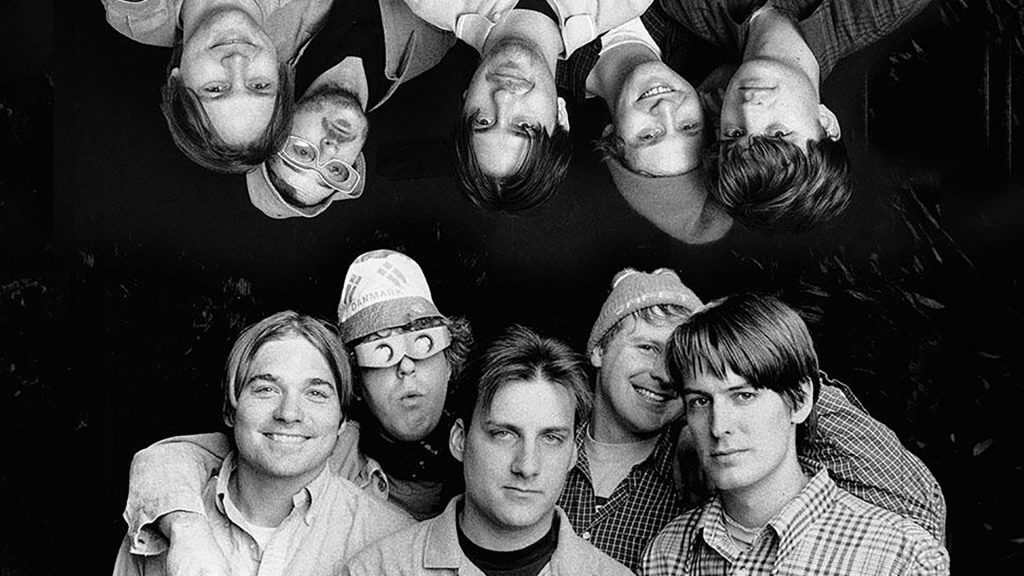

In the years when Seattle’s grunge dominated the scene—at the dawn of the final decade of the 20th century—when young people’s musical devotion was split between Pearl Jam’s anguished anthems and Nirvana’s toxic songs, from Stockton, California, emerged the immense talent of Stephen Malkmus, who founded what would become the favorite band of the college radio circuit and the more intellectual, doubt-ridden segment of Generation X throughout the decade. Pavement traversed the entire ’90s, from 1989 to 1999, crafting a unique and inimitable artistic trajectory: in six albums, they created an astonishing songbook that is both a personal confession of their leader’s inner ghosts and an emotional and psychological portrait of the generation coming of age during that decade.
It doesn’t make sense in these few lines to dwell on the individual albums and their role in the group’s entire artistic journey; suffice it to say that Pavement’s songs are unique because their slow, wavering pace (the most commonly used word to describe the band’s music is “off-kilter”) blends with a background of dense rhythmic electricity, and the lyrics always choose the path of obscurity, occasionally illuminated by a flash of universal truth. Pavement’s music hinted to Generation X that there was a place to pause, marked by a measure and balance that shone only for a moment before being swallowed up by the inherent impossibility of pointing to a precise, certain direction. The music is highly catchy, oscillating between pop songs and electric riffs, and it expresses a nostalgic melancholy that is never explicitly defeated. The world may be collapsing, but all I ask for is a shaded path: here, in the simple banality of these words, lies the secret of the alchemy that led Pavement to become a band of global significance, despite lacking the iconic, cursed allure of Nirvana or the political determination of Pearl Jam. They were nerds who, for ten years, managed to speak to nerds all over the world without pointing to any path to follow, whether existential annihilation or the fight to change the world. They sang that the world had changed, that the end of all certainty had just arrived…

“It is time to ask questions about how stories about musicians are told and sold and for us as the audience to demand more innovation in our biographical portraits.” This statement from Alex Ross Perry suggests that we are about to see a music documentary that breaks away ...
Stephen Malkmus’s idea of love, I’m waiting, waiting, waiting forever…
I’m dressed for success, but success never comes. No other band captured Generation X’s wry, bitter irony—or rather, the image Generation X projected to the world—quite like this.
In 1970, Crosby wrote another song about cutting hair, Almost Cut My Hair, and these are truly two opposing worlds.
The song that best expresses the band’s retro sense of off-kilter, nostalgic melancholy, the key to entering Pavement’s world of tiny, unspoken daily defeats.
Pavement’s final act: a few months after the album’s release, Stephen Malkmus parted ways with the band.